Heritage & Traditions at Aquinas College
1970 to 1979
1970
Changes:
May: The College unveils the new governance structure which came out of the 15-month long Self-study. It includes an Academic Assembly and a Community Senate in an innovative structure in which students, faculty and administrators hold seats in each of the legislative bodies. This mixing of students in the governing bodies of the College reflected the spirit of student involvement of the 1960s and 1970s.
Other programs begin as part of the college's attempt to explore untapped markets of students. The new programs include Summer School Without Walls; College Expectations, a summer program for college-bound high school students; Coach Terry Bocian's athletic summer camps; and Bruce Early's summer music camps.
New majors are added to the curriculum, including Communication, Geography, and Religious Studies.
Some old programs are phased out. The theater program in the Carriage House has to be discontinued because of fire marshal concerns about the building. The Aquinas Institute for Religious Education (AIRS) program is discontinued.
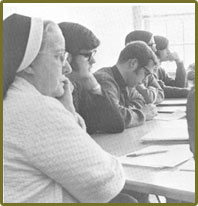
In 1969-70, Aquinas undertakes a complete self-study, reexamining the college from top to bottom. It is a collaborative effort taking 15 months and involving administrators, faculty, staff and students.
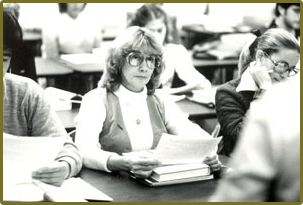
The innovative Encore Program made it possible for mature women to complete their college degrees. With flexible and unusual class hours, Encore responded to the special needs of women who had either never begun college or who had left their degrees incomplete as they raised their families in the 1950's and 1960's. In the forefront of making educational opportunities available to women, Aquinas's Encore program led to many calls of "Yay, Mom!" on graduation day and launched women into careers.
1971
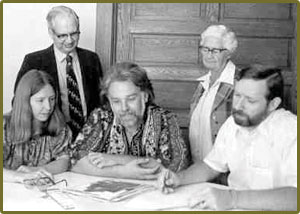
Eastown: The main movers of the Eastown project. In back row, Dr. Norbert Hruby, president of Aquinas College; Sr. James Rau, O.P. Front, from left, Aquinas faculty Linda Easley, Thomas Edison, and Michael Williams.
The Eastown Community Association is founded in 1973 and is funded for the first three years of its existence by a grant from the W.K. Kellogg Foundation, obtained by the College. Aquinas professors Tom Edison, Linda Easley and Michael Williams, and Sr. James Rau produce "Eastown!," a nationally distributed book which is a case-study of how a not-for-profit institution like Aquinas can preserve the neighborhood in which it is situated.
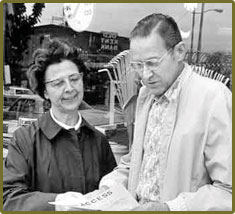
Sr. Aquinas Weber O.P. confers with Jim Geib, manager of the Hammer and Cortenhof Hardware Store in Eastown. The first Eastown Street Fair in 1973 becomes a neighborhood tradition. Wealthy Street is closed down and area businesses sponsor concerts and food booths celebrating the area eventually self-described as "Grand Rapids' hippest neighborhood."
1972
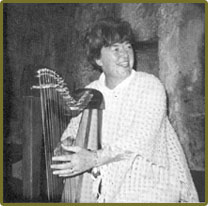
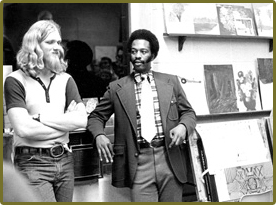
1973
Administrators, faculty and student representatives participate in an all-college retreat at Harbor Springs, Michigan. The goal of the Harbor Springs retreat was to continue the work of the institutional self-study of the late 1960s.
1974
Controversy: Commencement speaker Shirley Chisholm appears amidst much controversy. Chisolm, U.S. Congresswoman from the Bedford-Stuyvesant area of New York City and figure during the Watergate hearings, had been a supporter of Roe v. Wade, and this support caused an outcry, including death threats. She delivered her Commencement address under tight security.
 To hear more about the controversy, click here. This audio clip is from "Historically Speaking," an oral history of Aquinas College.
To hear more about the controversy, click here. This audio clip is from "Historically Speaking," an oral history of Aquinas College.
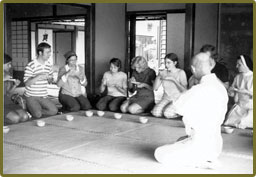
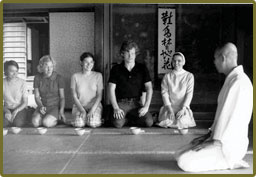
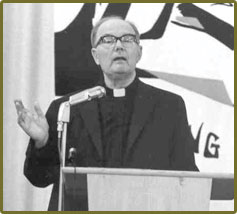
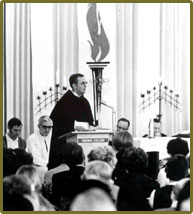
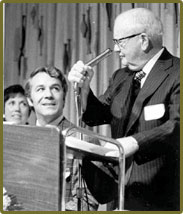
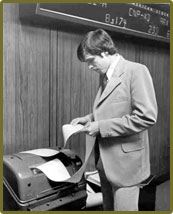
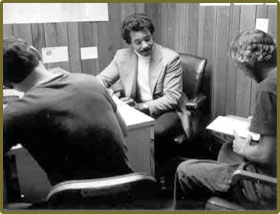
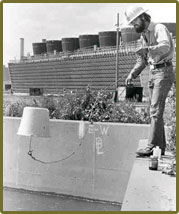
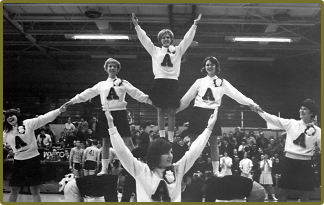
In the 1975-76 season, the Aquinas College "Tommies" become "the Saints" after African-American athletes were taunted on the road for being "Toms." In those politically charged times, the name had acquired negative connotations, and the nickname "Saints" was chosen by a student-conducted poll and has been in use since.
1976
Emeritus College: Emeritus College begins in late 1975 with an exploratory program of seminars aimed at seniors led by professor Ken Marin. It soon becomes clear that seniors do not want programs focused solely on retirement issues but have a wide-ranging interests in the arts, politics and other academic topics. The Emeritus program becomes one of the first educational programs in the United States to focus on serving the educational needs and interests of the over-fifty population.
1977
The Master of Management program is accredited. The success of the Career Action Program led the college to explore offering a graduate business degree, but one that would not focus on MBA-style number crunching. Keeping with the college's humanistic tradition, the Master of Management degree gives students the skills they need to advance their careers by learning to better manage employees, do strategic planning, and effectively motivate workers. Small class, sizes, convenient course times, and flexible scheduling - hallmarks of Aquinas at the time--made the program a success from the start.
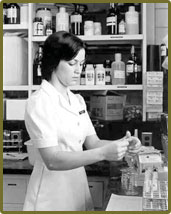
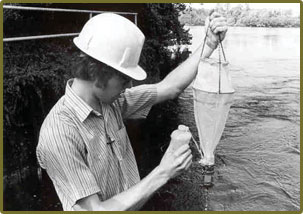
1978
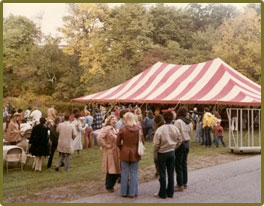
Coach Terry Bocian becomes Athletic Director, and women's coach Pattie Tibaldi leads teams to victory after victory in the 1970's and 1980's.
After a fire, the former stable is renovated as the Pastoral Center. It's name is changed to Bukowski Pastoral Center in 1989 to honor the recently-deceased former president who served the college for over thirty years.
The beer tent becomes a regular feature of Gala Weekend, here pictured in 1978.
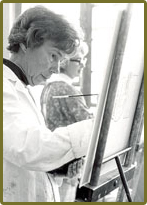
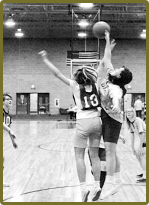
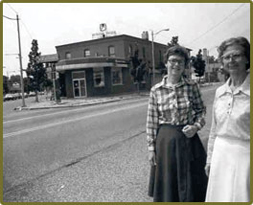
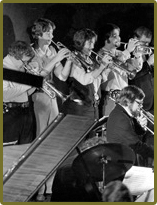
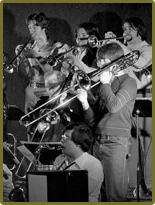
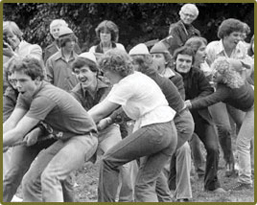
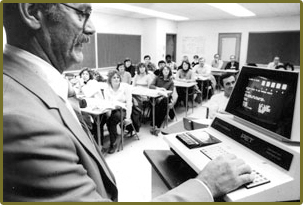
CONTACT INFO
AQ History
Ryan Wendt
aqhistory@aquinas.edu